THE
ARCHITECT
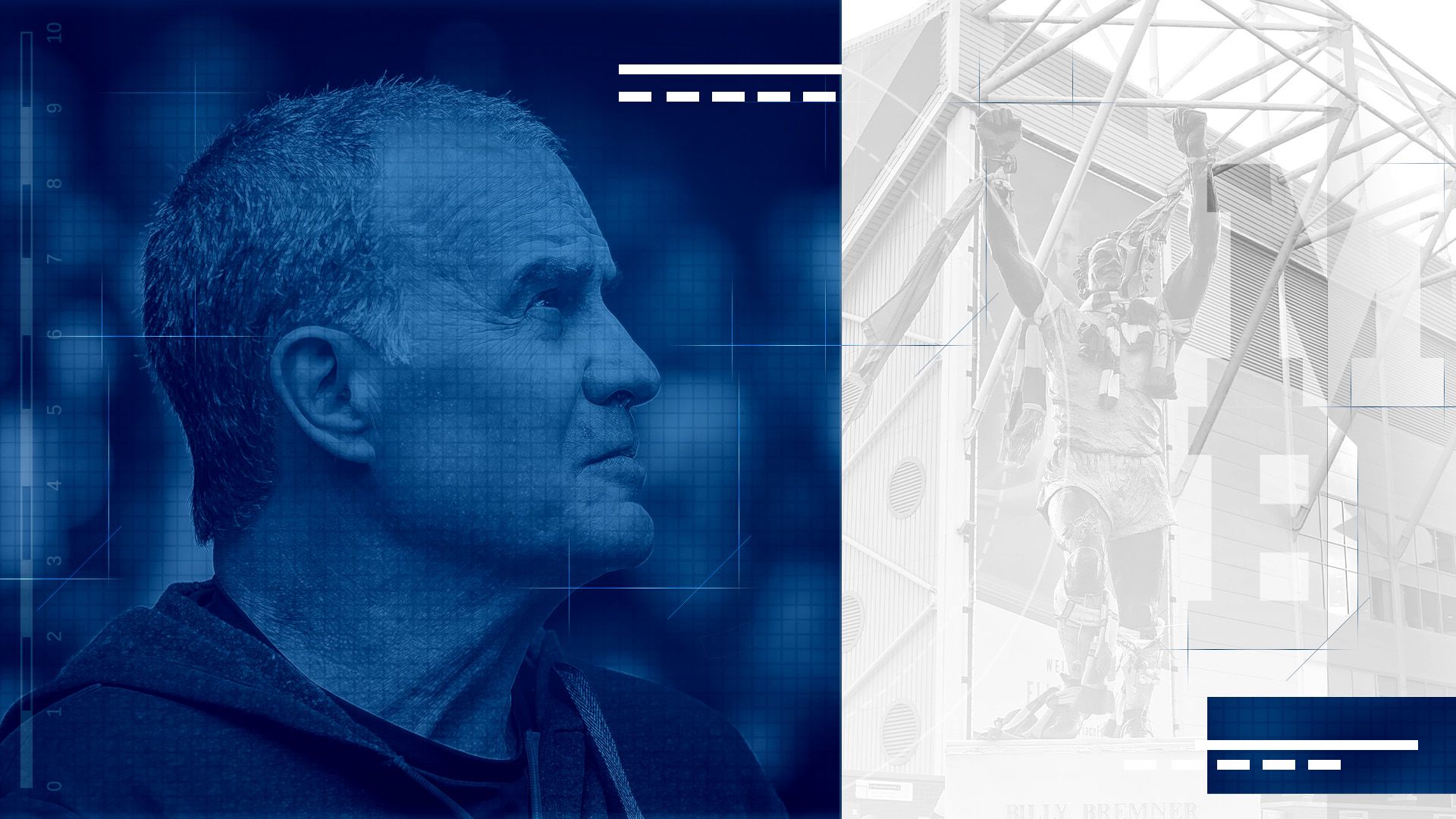
The Juan Pinto Duran Sports Complex in Santiago is the headquarters for Chile’s national football team. In 2007 Marcelo Bielsa was appointed as head coach. This is a manager who’d been around the world, spent time around the best facilities the sport could offer. Pinto Duran could not be said to count among them.
The showers were often cold. Single beds and old television sets in the players’ quarters. The head of the Chilean FA at the time was Harold Mayne-Nicholls. He gave his word that the compound would be fixed up and brought into line with the standards Bielsa expected.
The new coach oversaw the renovations all the way down to the signage which would - from that point on - feature a font Bielsa liked when he first saw it at Santiago Zoo. The beds got bigger. The TVs had plasma screens. There would be better bathrooms with more reliable showers, air-conditioning and heating. There was a spa, and a modernised gym and dressing rooms.
And for Chile’s stars who travelled across the Atlantic for international duty, a magic machine that they could walk into fully clothed and walk out of just a few minutes later alleviated of the drowsiness brought on by jetlag.
It was paid for – in part – by Bielsa himself, through the fees he commanded for guest-speaking appearances.
Bielsa’s own quarters were not lavish. A simple six-metre squared living space with a crucifix hanging over the bed which later fell down after an earthquake. There was air-conditioning, a TV, a small cupboard and a toilet. Spartan, sufficient.
And Marcelo Bielsa lived there for 42 months.
In his three-and-a-half-year spell in charge of the Chile team, Bielsa transformed not only Pinto Duran but the collective psyche of a nation. Chile’s football team had been cowed for decades by an inferiority complex that meant they could never match regional powerhouses like Argentina or Brazil or, for that matter, those South American nations on the second rung like Uruguay or Colombia.
Chile only played one World Cup under Bielsa and lost to Brazil in the round of 16, but what he left behind you could not measure out only in victories or trophies. Chile won the 2015 Copa America on home soil for the first time ever. They won it again in 2016.
They won in 2015 under a coach in Jorge Sampaoli who was an avowed Bielsista and that victory would not have been possible without the players Bielsa blooded throughout his time in charge. Alexis Sanchez, Arturo Vidal and the rest of Chile’s golden generation took on the world thanks to the belief, discipline, courage and tactical blueprint that Bielsa gave them.
He’s already begun to make his mark at the Leeds United training facility at Thorp Arch with reports in the Guardian claiming that the players will soon have their own dormitories on site. Bielsa – typically for him – has a bed in his office and work days have been noticeably longer since he was installed as manager.
Work begins early and finishes late under Bielsa. His attention to detail is legendary – from his work out on the training field to his copious video analysis sessions.
“Every training session, he wants it to be perfect,” says Bill Tuiloma who played under Bielsa at Marseille.
“Every touch and every pass should be spot on. I think that helped me a lot to be focussed every day, to be prepared.”
Bielsa is renowned for repeating the same portion of a drill or exercise until the players get it right.
“It was intense,” says Tuiloma. “Really intense.”
“Repeat after repeat of exercises, passing drills, then we’d go onto games and go into tactics and movements and everything like that.
“Movements off the ball, on the defensive side and then the attacking side. All the players were prepared and hungry to train.”
Tuiloma’s former Marseille team-mate Benjamin Mendy, who now plays under Pep Guardiola at Manchester City, detailed recently for The Players’ Tribune Bielsa’s obsession with video preparation. The World Cup winner admitted having to be woken up to pay attention to his section of analysis before eventually being won over by its utility.
“He did like his videos,” says Tuiloma, who is now in MLS with the Portland Timbers.
“He liked everything perfect. He liked to make sure that we knew what we were going up against.
“[That] we’d know what movement they are doing, what players they have… we had to be spot on and be focussed and that helped us going into the game.
“His method of training and analysing other teams is spot on.”
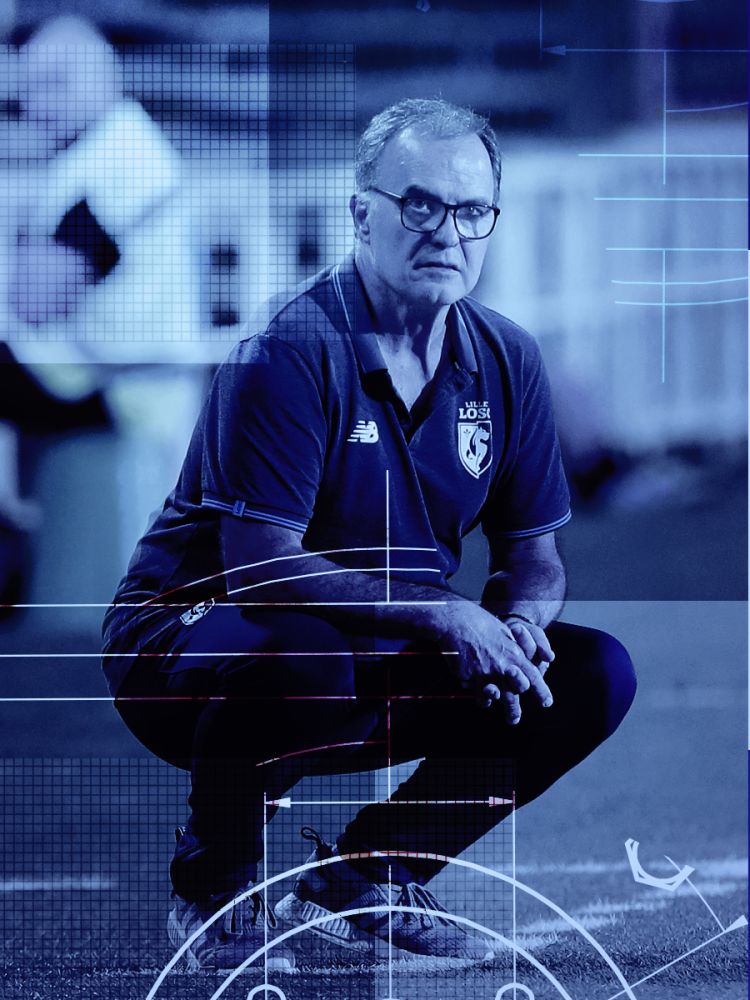

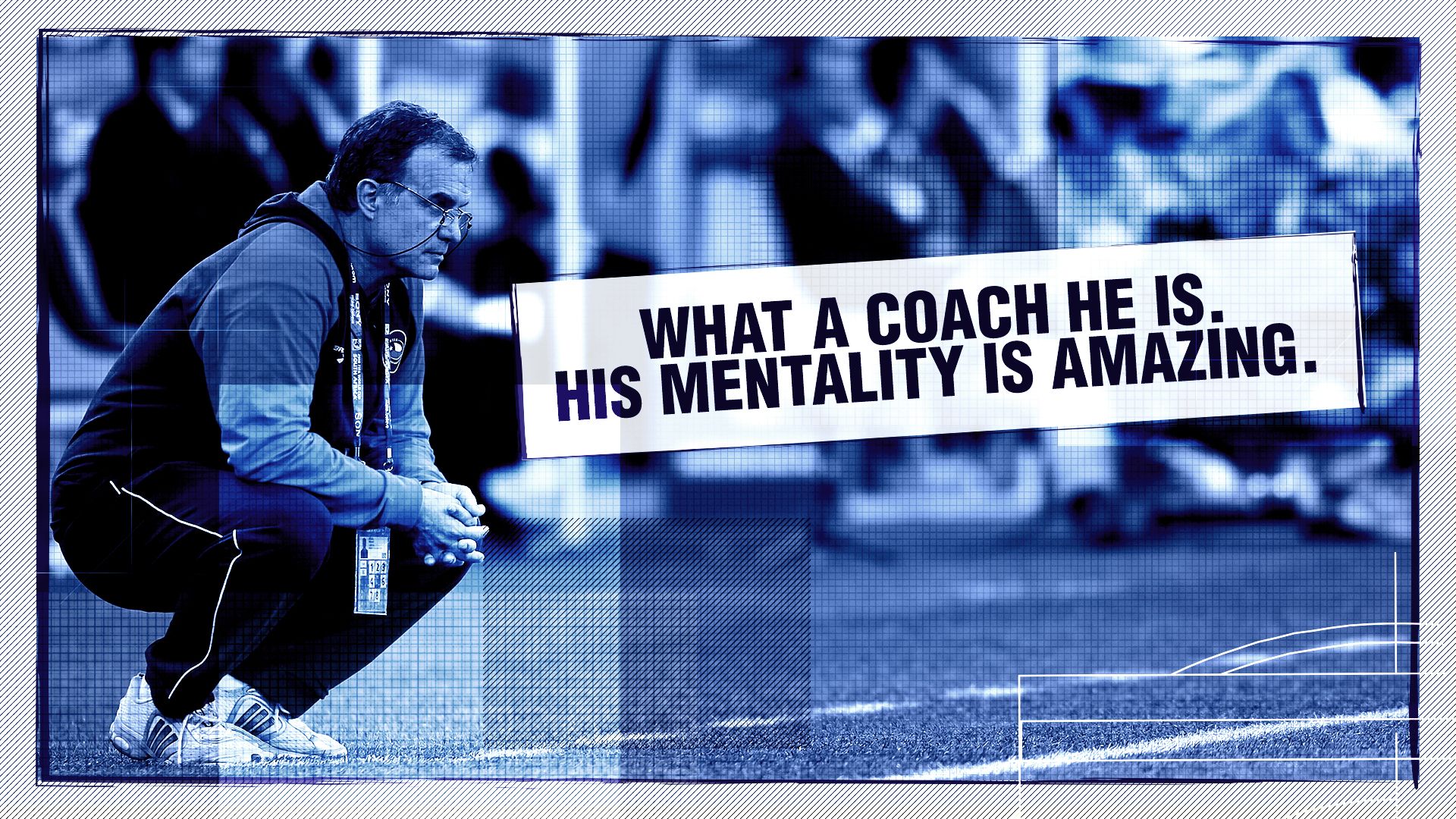
Pep Guardiola agonised over becoming a coach in the first place. Before he signed on to coach Barcelona B he took a trip to Argentina to consult 11 or 12 faces in the game for advice on his next move. One of those was Bielsa.
Guardiola was known to be an admirer of the Argentine’s coaching methods, who, in turn, had been influenced by the kind of football Pep played when he was marshalling the midfield at Camp Nou.
A friend’s uncle in Europe would send him videos and magazines. He was particularly taken with the methods of Rinus Michels – and later Johan Cruyff – in Catalunya. He imported some of their techniques and is regarded as an offshoot of the high-press, greedy possession style that was perfected by the Dutch school in the 1970s.
Guardiola, Bielsa and a Spanish film director called David Trueba are known to have shared an 11-hour barbecue at Bielsa’s Rosario ranch, where the older man convinced the apprentice to take the plunge.
Pep, with two ex-Bielsa players in Mendy and Aymeric Laporte, has never been slow to acknowledge his respect. And this summer there was probably little chance of Leeds getting Jack Harrison on loan without Bielsa available at the other end to do the coaching.
“Leeds called me about Jack Harrison and we spoke with Jack,” Guardiola said. “He did so well in pre-season, I didn’t know him, and I was really impressed.
“Always I believe when you have space in the first team they have to stay. But if there is not enough space they have to play. And the best way is to play in the Premier League or the Championship.
“I know for the way Marcelo wants to play I think it’s perfect for his capacity. I’m really impressed for his quality.”
Leeds got off to a flyer on the opening weekend of the season by dismantling Stoke City at Elland Road where Bielsa’s style was very much in evidence. They followed that up with a 4-1 trouncing of promotion-chasing Derby County away from home.
“My admiration for Marcelo is incredible as a manager and as a person,” continued Pep.
“Hopefully, I am pretty sure in fact, he can do a good job here in England with Leeds. Football is open for different styles and different points of view.
“All the managers playing the same way would be really boring. To have Marcelo Bielsa in English football is so good.”
So many of Argentina’s football stars have had to fight their way out of abject poverty to reach the top against all odds. Bielsa’s upbringing could not be more different. His family were affluent, comfortable. His grandfather wrote much of Argentina’s Administrative Law. He has streets named after him in Buenos Aires and the family’s home town of Rosario.
The Bielsas were not - and still are not - a football family. Marcelo’s father was a lawyer. His brother Rafael is a former Minister of Foreign Affairs. His sister Maria served in government and she works as an architect. Not a football one, like Marcelo, but in a more traditional sense. The family had money and Marcelo didn’t need to become a football player. He wanted to.
He may not have had the skill or the technique, but he had the enthusiasm. Rosario’s big team, Newell’s Old Boys, featured Bielsa in its playing ranks for a while and his name would become synonymous with the club. Just not as a player.
Bielsa was always thinking ahead, making plans for a future when he was not going to be a professional player. He had some ideas on how the game should be played and was known as a serious man among his team-mates. He, along with a partner, ran a newspaper kiosk for 10 years and even delivered the papers himself.
But he was going to be a coach. Thanks to his brother’s connections at the University of Buenos Aires he got a job there coaching the men’s team. Among his most notable achievements was a draw against the Boca Juniors B team.
But Bielsa was destined to return to Rosario and put his theories into practice. He was given jurisdiction over various youth programmes and every one of his under-age teams ended up as champions at one level or another. He was put in charge of identifying players for the Newell’s youth sector.
Bielsa was afraid of flying and clocked up some 25,000 kilometres over three months in his Fiat 167 to try and get promising players to the club.
He divided Argentina up into 70 sectors and scoured them for talent. He turned up Gabriel Batistuta. Mauricio Pochettino was recruited after a tip from a local restaurateur.
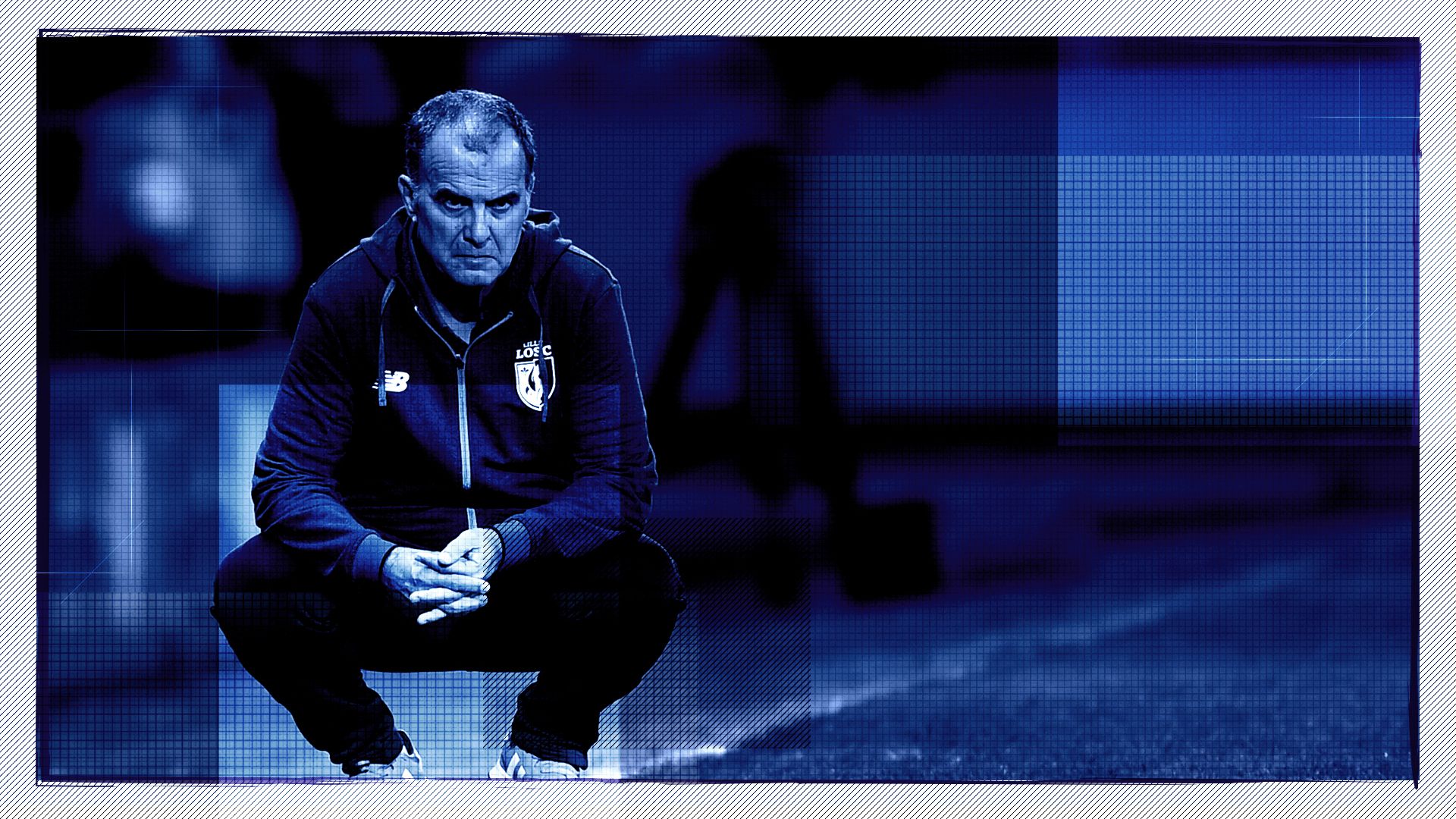
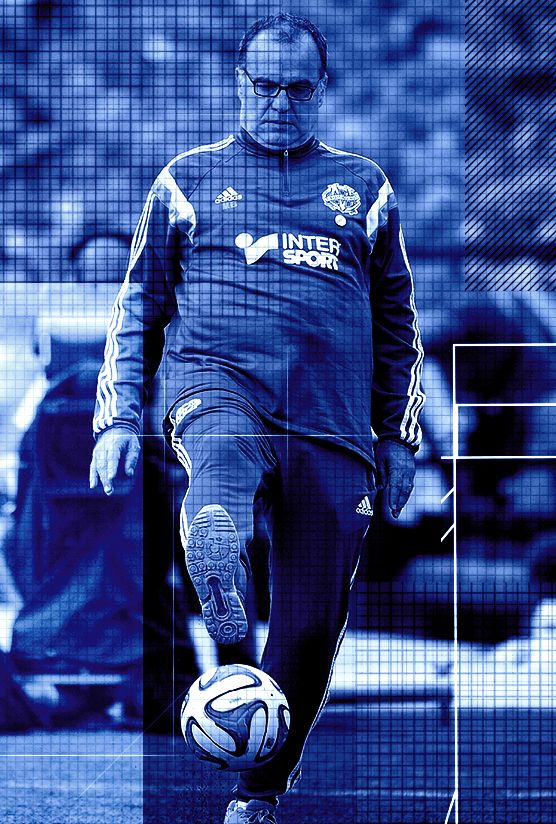
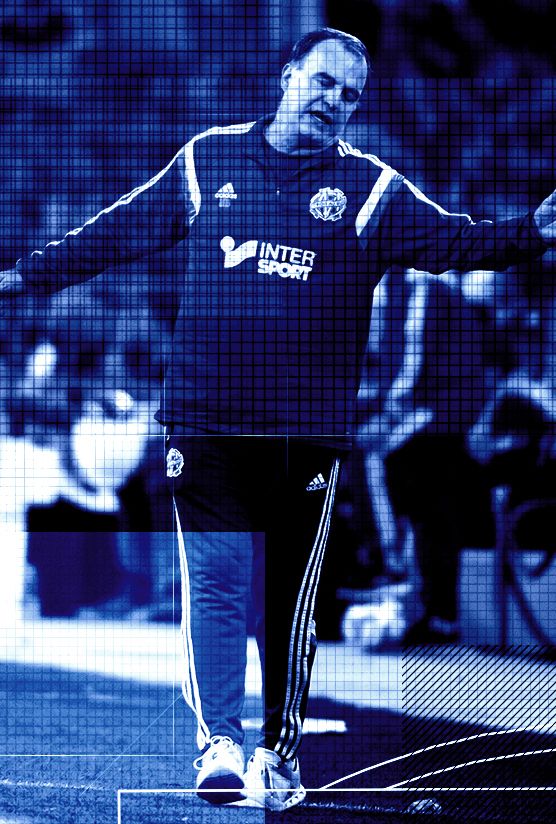
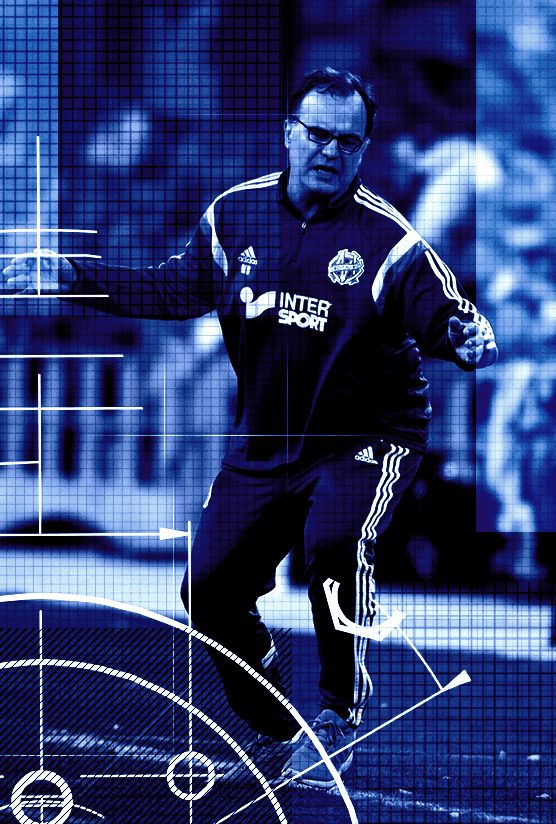
Bielsa’s successes with these young players eventually yielded the top job in 1990. He transitioned seamlessly into the senior game taking his boys up with him. Newell’s won the Argentine title and qualified for the Copa Libertadores.
“Marcelo is like my father,” says Pochettino. “My second father. My relationship with him started when I was 12 or 13 years old. He's a great coach. I will always love him because he was a very important person in my career.”
Newell’s went all the way to the final of the Libertadores where they were beaten by Brazil’s Sao Paulo on penalties. But Bielsa’s reputation was off the ground and there was no going back.
During his time at Marseille – in 2014 – it was reported that Bielsa had donated some $2 million to Newell’s to renovate their player development facilities.
With his time at an end with the club it all began, Argentina coaching great Cesar Luis Menotti recommended Bielsa to Atlas of Guadalajara and off he went to Mexico.
One of his conditions for taking the job however was that he would be in charge only of the youth teams in his first year. Then he’d take over the seniors. Bielsa’s player identification and training programmes are still in use in some 92 Mexican cities.
At one stage in the 1990s it wouldn’t be unusual to look at the Mexico squad and see 10 or 11 of the 11,000 youngsters scouted by Bielsa for the Atlas talent factory. Rafael Marquez, Pavel Pardo and Oswaldo Sanchez are just some of the legendary names brought to fruition by Bielsa.
Results have sometimes been a mixed bag. He has won titles with Velez in his homeland for example but his time at Marseille, Lazio and Lille ended in farce. His tenure with the Argentina team was incredible for the kind of football he played and the sheer entertainment he provided. But they failed at World Cup 2002 and in the final of the Copa America in 2004. Olympic gold that same year was not enough for him to carry on.
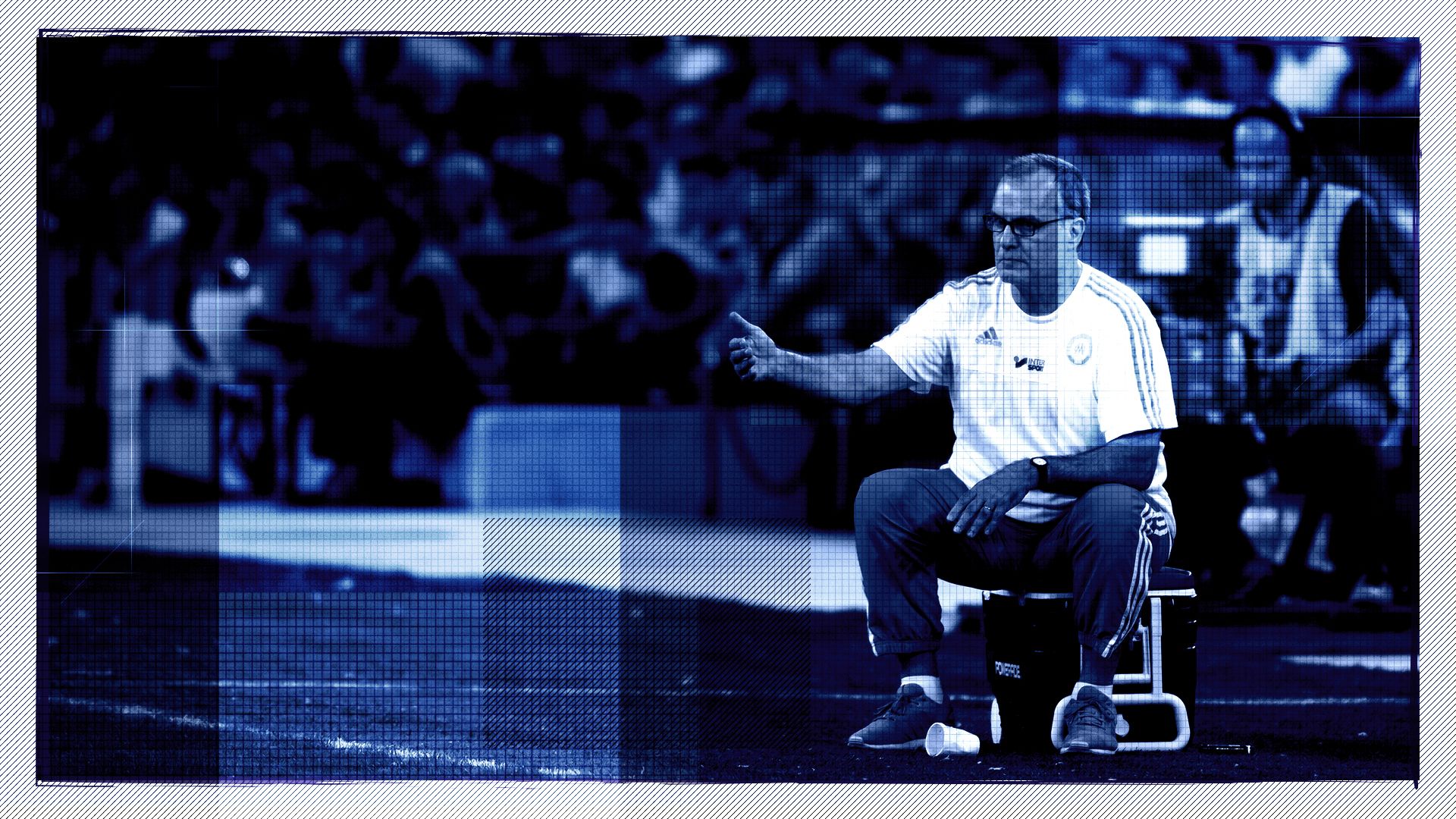
Many fans in England will recall Bielsa for his intense spell in charge of Spanish side Athletic, where players like Ander Herrera and Javi Martinez developed an international reputation. Their beating of Manchester United at home in the 2012 Europa League will long be remembered.
His spell in the Basque country – like other places – burned out quickly. But there is no denying that when Bielsa’s enthusiasm and dedication to his work are matched with a club and a player’s receptiveness to take it all in then an uplift usually follows.
"All my words will be positive for him," says Pochettino. "My desire, my wish is that I hope he changes the reality of Leeds, brings them to the Premier League and does a fantastic job there."
Leeds fans have suffered so many twists and turns since suffering relegation from the Premier League in 2004 that they might not have the heart to get excited – yet – about promotion. But the raw material is there. Bielsa can design a plan to help them get back on top.

